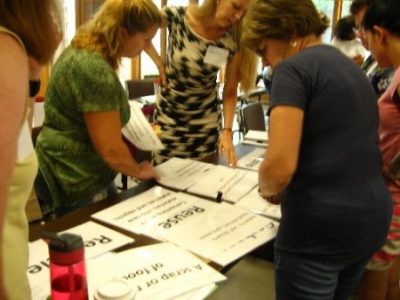URL:https://events.uconn.edu/live/json/v2/events/response_fields/location,summary/date_format/%25F%20%25j,%20%25Y/group/SeaGrant/max/4/
If not explictly stated otherwise, start_date/today and end_date/6 months are implied in the URL.
If not explictly stated otherwise, start_date/today and end_date/6 months are implied in the URL.
-
Jan24Annual gathering of shellfish commissionsCT Agricultural Experiment Station9:00 AM
Annual gathering of municipal shellfish commissions. Remarks by state regulators, CT Sea Grant staff and others will be shared. Registration deadline is Jan. 20, 2026.
-
Feb28CT Blue Economy Education Resources WorkshopProject Oceanology (Avery Point)8:30 AM
Statewide workshop focused on strengthening marine and maritime education, bringing together K-12 educators, school leaders, marine science organizations and businesses.
-
Apr29This Fine Piece of Water: LIS Environmental History TalkLyman Allyn Art Museum7:00 PM
Tom Andersen, author of “This Fine Piece of Water,” will discuss how the attitude the Dutch and English brought to North America led to decades of devastating pollution. But how, after 370 years, attitudes about the Sound changed, in the nick of time to stave off environmental disaster.
